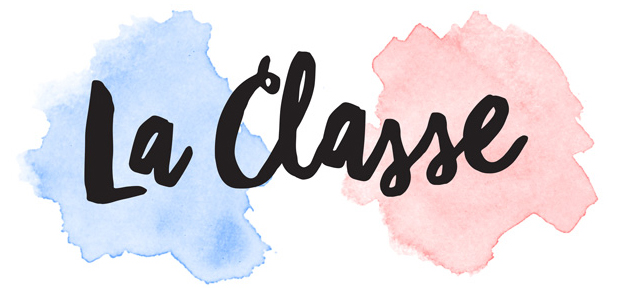As parents, we all desire the best for our children, and providing them with the gift of bilingualism is undoubtedly a remarkable investment in their future. The value of being multilingual transcends linguistic boundaries. Not only does it enhance cognitive abilities, but it also opens doors to diverse cultural experiences and enriches your child's perspective of the world.
In this blog post, we focus on practical and effective ways to incorporate French into your daily family life whether you are a native French speaker or belong to a multilingual family with French as one of your languages.
10 Tips to Create a Language-Rich Environment For Your Bilingual / Multilingual Children
Incorporate French into daily routines and activities:
For example, if you are the French-speaking parent in your family, make it a habit to always speak French to your children. If you are worried about being rude in the company of people who do not understand French, simply explain that you speak French to your children to help them become bilingual.
If you are not the French-speaking parent in your family, learn French:
Demonstrating interest and respect for your partner's culture and language by learning their language can positively influence your children's language identity, encouraging them to embrace and value their linguistic heritage.
Read French books every night:
Make it a nightly tradition to read two (or more) children's books, one in each language. Both parents can do this if they know each other's languages and you can start from day 1!
Surround children with French music and media:
There are many wonderful singers and musicians for children in French. Two of my children's favourites were Oldelaf and Aldebert. Sing French comptines (nursery rhymes) together for added fun.
Utilise play and interactive activities for language learning:
Engage your children in board games that encourage them to play in French, such as P'tits Génies or Le jeu du loup when they are young and then, moving to more complex games.
Watch films/cartoons in French:
Select some films or cartoons that your children will only watch in French to immerse them in the language.
Expose children to French traditions, celebrations, and events:
For example, make a typical galette des rois on the 6th of January to introduce them to French customs.
Encourage communication within your French family and friends:
Use video calls to connect with your French family and friends, providing opportunities for your children to practise their French.
Interact with French-speaking communities or groups:
Seek out other French-speaking families in your area. As a family, we had wonderful experiences with a French family living in Edinburgh, sharing meals and exploring new places together. This interaction helped my children develop their French language skills with other French speakers.
Whenever possible, consider travelling or spending extended periods of time in French-speaking countries.
Immersing your children in the language and culture firsthand will enhance their language learning and expose them to diverse linguistic experiences.
Conclusion
By nurturing a language-rich environment, encouraging parental involvement in language learning, and fostering connections with French-speaking communities, we empower our children to embrace the richness of multilingualism and develop a profound appreciation for different cultures.



